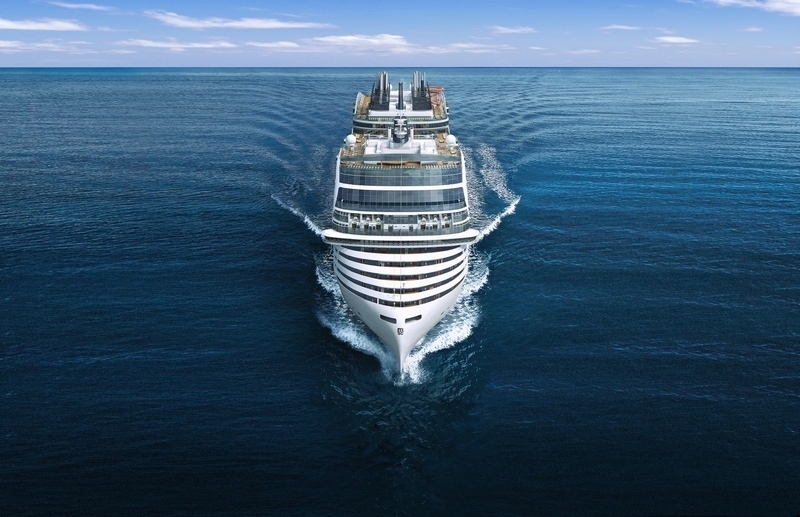Alma Clean Power has teamed up with an EU-funded consortium to launch the HELENUS project, which aims to show the effectiveness of using solid oxide fuel cells to provide heat and power onboard cruise ships, according to a press release.
The HELENUS consortium will construct, integrate, and showcase a 500kW solid oxide fuel cell module operating in cogeneration mode onboard a MSC cruise ship planned to start operations in 2026.
The project, which is funded with approximately 14 million euros, is managed by DLR and the consortium includes a wide range of stakeholders.
The project’s expected results will allow for the expansion of solid oxide fuel cell technology in ocean cruise ships, with the possibility to achieve zero emissions and significant fuel savings due to increased efficiency. The HELENUS project’s long-term goal is to demonstrate the feasibility of a SOFC-ICE hybrid vessel achieving a 23 percent efficiency gain.
“This is our first full-scale demonstrator with LNG in a new and important segment for us. Our ambition is to deliver a complete energy package for cruise vessels, both for heat and power onboard,” commented Bernt Skeie, chief executive officer, Alma Clean Power.
The first step toward zero emissions can be making the decision to use LNG, the cleanest fossil fuel as Alma notes. Green fuels are still not widely available, but the company’s fuel cells will be able to shift to them once they are. The switch to a greener fuel can be facilitated by using the same tank and fuel system for LNG and ammonia, while methanol, LPG, ethanol, and syngas can all be used in Alma’s fuel cells.
“When LNG is used in a SOFC there is no methane-slip and negligible sulfur and NOx emissions. The exhaust consists of concentrated CO2 and water, making CO2 capture very efficient and economically viable. With CO2 capture, cruise ships can achieve zero emissions with LNG,” stated Elaine Maille, project manager, HELENUS.





